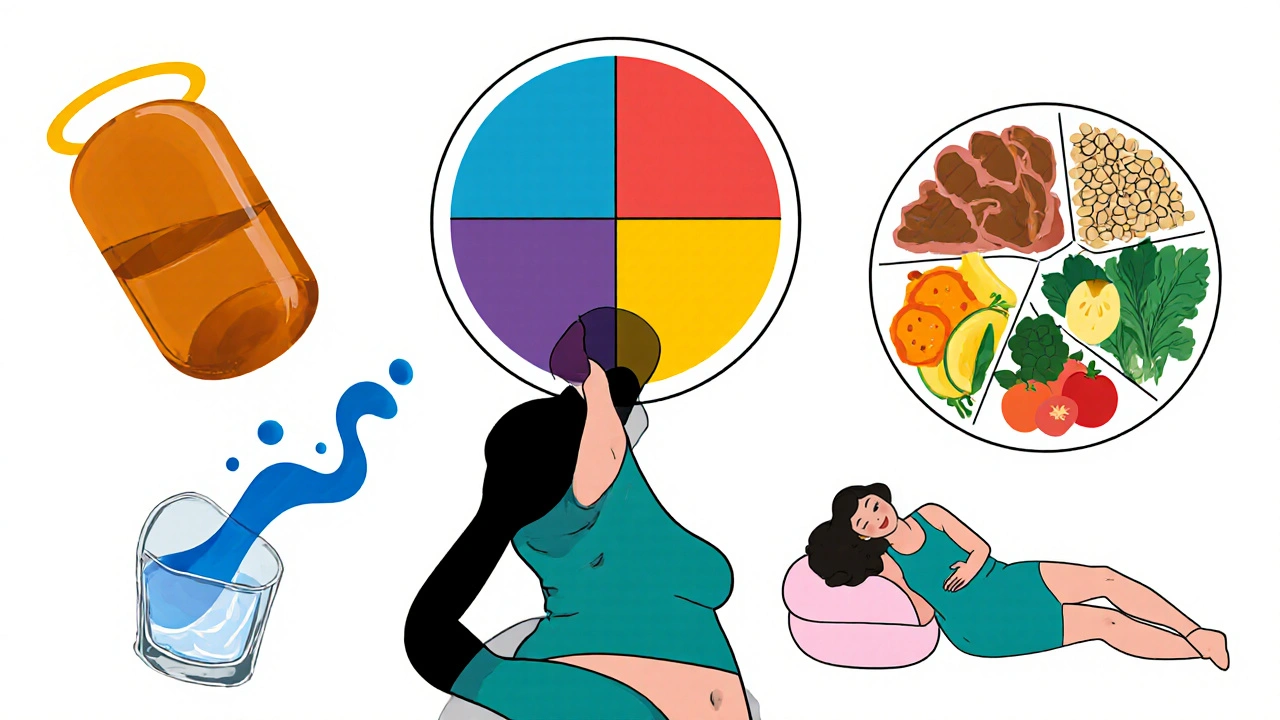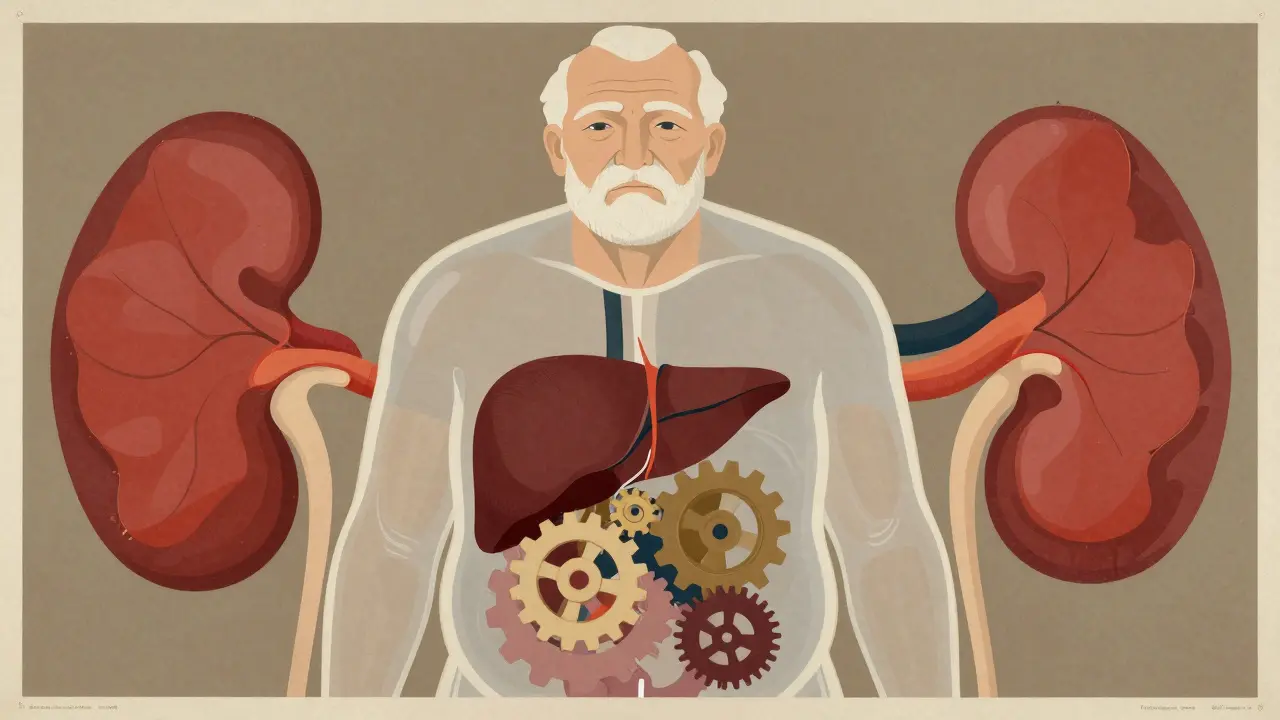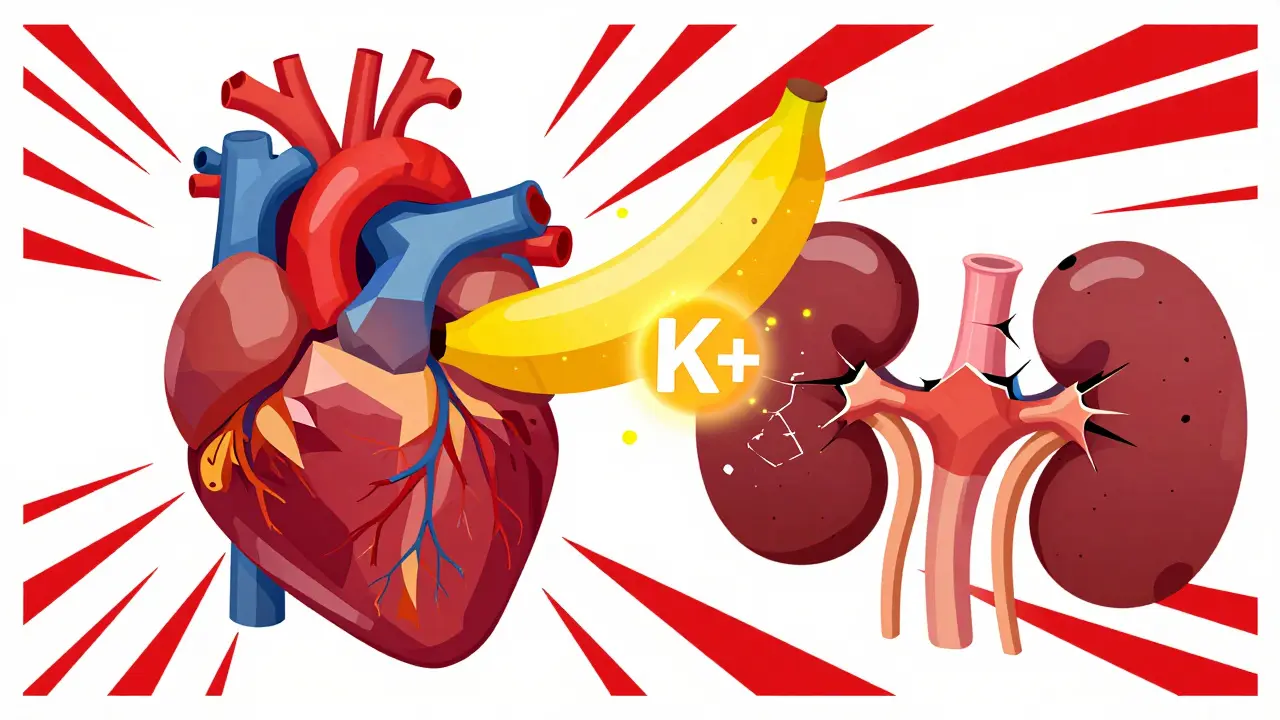Prenatal Self-Care Tracker
Track Your Daily Self-Care
Select activities you completed today. Consistent habits support your health and your baby's development.
When you’re expecting, self‑care means any activity that supports your physical, mental and emotional well‑being becomes essential for a smooth journey.
Understanding Pregnancy the nine‑month period of fetal development and maternal changes
Pregnancy isn’t just about growing a baby; it’s a full‑body transformation that taxes hormones, energy stores, and emotions. Ignoring your own needs can amplify fatigue, mood swings, and even affect the baby’s growth. That’s why self‑care pregnancy isn’t a luxury-it’s a medical ally.
What Self‑Care means purposeful actions that promote health, reduce stress, and improve quality of life looks like in the prenatal stage
Think of self‑care as a toolbox. Each tool-nutrient, stretch, breathing exercise-helps you stay balanced. The toolbox isn’t static; it expands as your trimester changes.
Physical Self‑Care Strategies
- Prenatal vitamins supplements that provide folic acid, iron, calcium, and DHA crucial for fetal development
- Balanced diet a daily intake of lean protein, whole grains, fruits, vegetables, and healthy fats
- Hydration aiming for at least 2‑3 liters of water a day to support amniotic fluid and circulation
- Prenatal yoga low‑impact stretches that improve flexibility, reduce back pain, and calm the nervous system
- Sleep hygiene practices like a cool bedroom, consistent bedtime, and side‑sleeping with a pillow between the knees
Here’s a quick reference:
| Activity | Typical Frequency | Primary Benefit |
|---|---|---|
| Prenatal vitamins | Daily | Fills nutritional gaps, supports fetal brain development |
| Balanced diet | Each meal | Maintains steady blood sugar, provides growth nutrients |
| Hydration | 2‑3 L/day | Prevents constipation, supports placental blood flow |
| Prenatal yoga | 2‑3 times/week | Reduces lower‑back pain, improves sleep |
| Sleep hygiene | Nightly | Boosts hormone balance, aids tissue repair |

Mental and Emotional Self‑Care
- Meditation mindful breathing exercises that lower cortisol and improve mood
- Stress management techniques such as journaling, progressive muscle relaxation, or guided imagery
- Mental health professional support from psychologists, counselors, or perinatal mental‑health specialists
- Connecting with other expectant parents through prenatal classes or online communities
Research from the Australian Institute of Health and Welfare in 2023 found that pregnant women who practiced daily meditation reported a 30 % drop in anxiety scores compared with those who didn’t.
Building a Sustainable Self‑Care Routine
- Start with a self‑assessment: note energy levels, sleep quality, stress triggers, and any physical discomfort.
- Choose three core activities-one physical, one nutritional, one mental-and schedule them like medical appointments.
- Use a printable checklist (see below) or a phone reminder to track consistency.
- Review every two weeks with your healthcare provider your obstetrician, midwife, or family doctor to tweak the plan.
Quick Self‑Care Checklist for Expectant Moms
- Take prenatal vitamin with breakfast every day.
- Drink a glass of water before each meal.
- Do a 20‑minute prenatal yoga session twice weekly.
- Practice a 5‑minute meditation before bedtime.
- Write down one gratitude note each morning.
- Sleep on your left side with a pillow between knees.
- Schedule a 15‑minute “stress‑check” with your partner weekly.
- Attend at least one prenatal class or virtual support group.
Common Pitfalls and How to Dodge Them
Skipping meals because of nausea. Instead of large plates, snack on protein‑rich foods like Greek yogurt, nuts, or cheese sticks every 2-3 hours.
Over‑exercising. Listen to your body; if you feel dizzy or short‑of‑breath, scale back to gentle walking or stretch‑only sessions.
Ignoring mental fatigue. Treat lingering sadness or irritability as a signal to talk to a therapist-early intervention prevents postpartum depression.
When to Seek Professional Help
If you notice any of these signs, call your provider immediately:
- Persistent bleeding or severe abdominal pain.
- Sudden swelling of hands, face, or feet.
- Vision changes or severe headaches.
- Feeling hopeless, unable to enjoy daily activities, or thoughts of self‑harm.
Prompt medical attention safeguards both you and your baby.
Wrapping Up: Your Self‑Care Journey Is Personal, Not Perfect
Every pregnancy is unique. The goal isn’t a flawless schedule; it’s a compassionate routine that respects your body’s signals. By integrating small, evidence‑based habits-like a daily multivitamin, a short yoga flow, and a few minutes of quiet breathing-you’re laying a strong foundation for a healthy baby and a resilient mom.
How many prenatal vitamins should I take each day?
One standard prenatal vitamin, taken with food, provides the recommended daily amount of folic acid, iron, calcium, and DHA. Never double‑dose unless your doctor advises.
Is prenatal yoga safe in the third trimester?
Yes, as long as you avoid deep backbends, inversions, or poses that compress the belly. Focus on gentle stretches, pelvic tilts, and breathing.
Can meditation really lower pregnancy anxiety?
Studies show a 20‑30 % reduction in anxiety scores after a consistent 8‑week mindfulness program. Even five minutes a day can help.
What’s the best time of day to hydrate?
Sip water throughout the day, aiming for a glass after each bathroom break and before meals. Avoid large amounts right before bedtime to reduce nighttime trips to the bathroom.
When should I see a mental‑health professional during pregnancy?
If you experience persistent sadness, anxiety that interferes with daily life, or thoughts of self‑harm, book an appointment right away. Early support improves outcomes for both mom and baby.







Steven Young
October 22, 2025 AT 14:35Take a look at your prenatal vitamin label before you swallow that pill because many manufacturers hide extra ingredients that mainstream health agencies ignore. The supplement industry is tightly linked to big pharma and hidden additives can throw off your hormone balance.
Denver Bright
November 3, 2025 AT 03:22I get that you’re juggling appointments and cravings but you should also set a reminder on your partner’s phone so they know when to bring you water or a snack before you even ask.
cariletta jones
November 14, 2025 AT 17:08Hydration is a simple habit that fuels both you and your baby, so keep a reusable bottle at arm’s reach and sip regularly.
Kevin Hylant
November 26, 2025 AT 06:55You should schedule a five‑minute breathing break after each meal to keep stress low and digestion smooth.
Sireesh Kumar
December 19, 2025 AT 10:28Pregnancy transforms your body in ways most people only read about in textbooks, and each trimester brings a new set of challenges that demand a tailored self‑care plan. First, your blood volume expands by up to fifty percent, which means your heart works harder and you need extra iron to avoid anemia. Second, hormonal surges can trigger unexpected cravings, sudden mood swings, and even changes in skin sensitivity. Third, the growing uterus compresses blood vessels, leading to swelling in the feet and hands if you don’t stay properly hydrated. Fourth, sleep patterns often shift because of hormonal fluctuations and the physical discomfort of a larger belly. Fifth, mental health can become fragile, especially if you feel isolated or unsupported by friends and family. Sixth, nutrition isn’t just about calories; you must prioritize folate, DHA, calcium, and vitamin D for optimal fetal development. Seventh, gentle movement like prenatal yoga maintains flexibility and reduces lower‑back pain that plagues many expectant mothers. Eighth, mindfulness practices such as meditation lower cortisol levels, giving your body a better environment to grow the baby. Ninth, regular check‑ups with your obstetrician provide a safety net to catch any complications early. Tenth, involving your partner in appointments helps share the emotional load and reinforces teamwork. Eleventh, setting realistic, bite‑sized goals prevents overwhelm and keeps you motivated. Twelfth, keeping a journal of symptoms and mood shifts creates a useful record for your healthcare provider. Thirteenth, avoiding excessive caffeine and processed sugars reduces the risk of gestational diabetes. Fourteenth, listening to your body’s signals-whether it’s a gentle wobble or a sharp pang-should always outrank any schedule you’ve drafted. Finally, remember that no self‑care routine is perfect; adjust as you learn what works best for you and your growing baby.
Gary Marks
December 31, 2025 AT 00:15Wow, that was a marathon of advice and I love the theatrical flair, but let’s cut to the chase: you can’t possibly follow every single point without burning out, so pick the three that resonate most with your current vibe and stick to them like glue. Your heart will thank you for not over‑loading it with endless iron supplements when a balanced diet already covers most needs. The drama of swelling isn’t a badge of honor, it’s a signal to drink another glass of water and maybe elevate those legs while you binge‑watch your favorite series. Don’t let the myth that “more is better” push you into over‑exercising; a gentle stroll beats a marathon yoga session any day. And when you feel that mood swing looming, a quick five‑minute breathing session beats scrolling through memes for a temporary fix. Remember, the body isn’t a factory you can micromanage 24/7, it’s a living system that craves simple, consistent care. So ditch the checklist that reads like a corporate KPI chart and focus on hydration, nutrition, and a dash of mindfulness. In the grand theater of pregnancy, you’re the lead, not the understudy.
Mary Keenan
January 23, 2026 AT 03:48Skipping the hydration reminder is just careless.
Holly Green
February 3, 2026 AT 17:35We all deserve to stay hydrated, it’s a simple act of self‑respect.